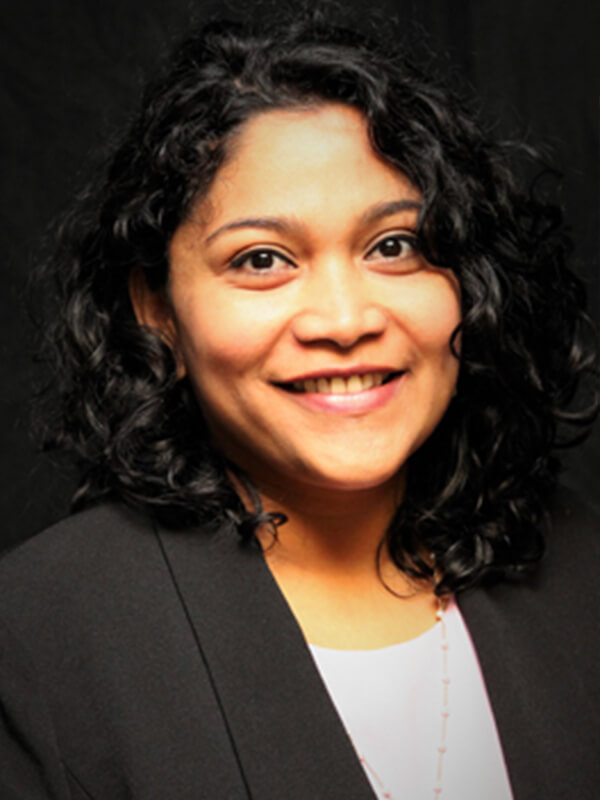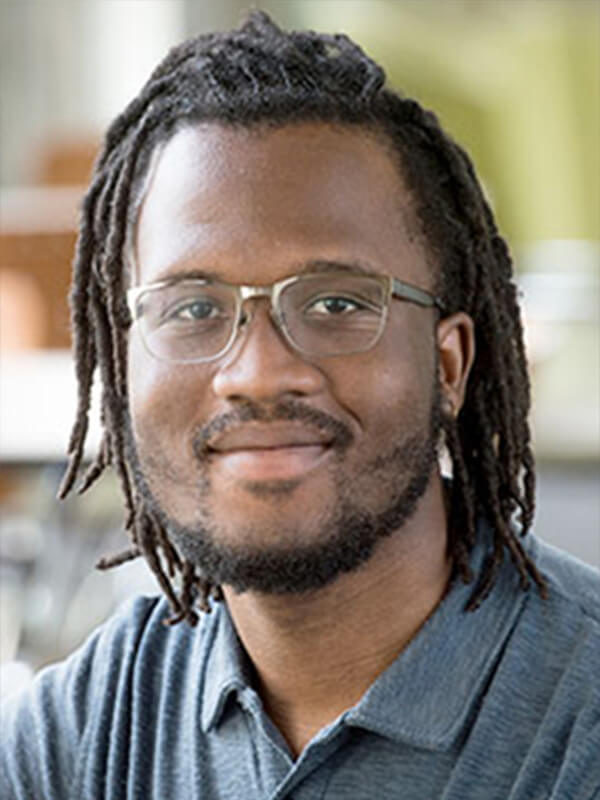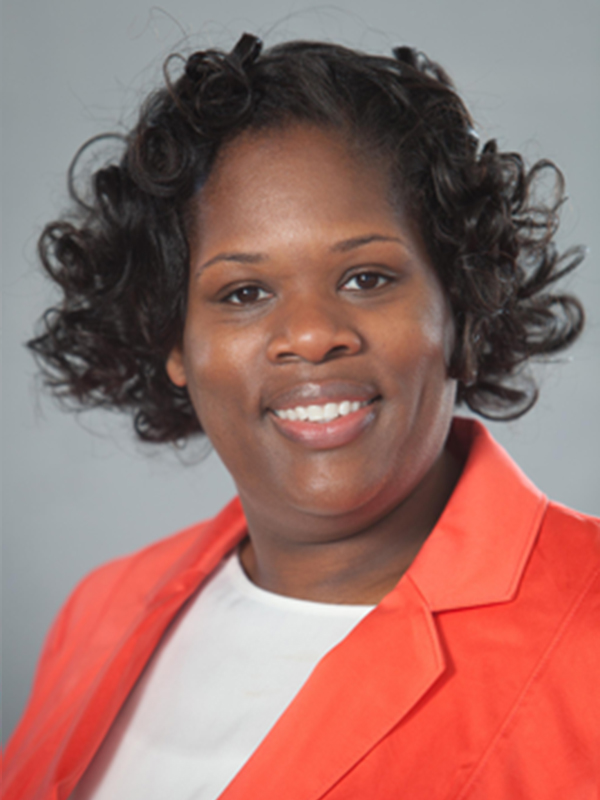It is a top-notch program. I'd recommend this program to anybody who wants to improve the rigor of the work they do.
Featured Alumni
-

Soumya J. Niranjan
Soumya J. Niranjan (PhD 2018) is an Assistant Professor in the UAB Department of Health Services Administration.
Read more -

Najwa Al-Harbi
Najwa Al-Harbi (PhD 2019) is an Assistant Professor of Sociology at Umm Al Qura University in Saudi Arabia.
Read more -

-

Akilah Dulin Keita
Akilah Dulin Keita (PhD 2007) is an Associate Professor of Behavioral and Social Sciences in the Department of Behavioral and Social Sciences in the Brown University School of Public Health.
Read more
Latest News
-
 Seven students receive 2024 Dean’s Awards for Outstanding Undergraduate and Graduate StudentsThroughout the Spring 2024 semester, departments across the University of Alabama at Birmingham’s College of Arts and Sciences submitted nominations for the Dean’s Awards for Outstanding Undergraduate Students and Outstanding Graduate Students. The awards are given to exceptional undergraduate and graduate students in CAS who have made significant contributions to the UAB community.
Seven students receive 2024 Dean’s Awards for Outstanding Undergraduate and Graduate StudentsThroughout the Spring 2024 semester, departments across the University of Alabama at Birmingham’s College of Arts and Sciences submitted nominations for the Dean’s Awards for Outstanding Undergraduate Students and Outstanding Graduate Students. The awards are given to exceptional undergraduate and graduate students in CAS who have made significant contributions to the UAB community. -

-
 Medical sociology program gives students an expansive approach to health careIn the world of medicine, treating the body and treating the person can be two distinctly different things. The medical sociology program in the University of Alabama at Birmingham’s Department of Sociology is a way to bridge that gap.
Medical sociology program gives students an expansive approach to health careIn the world of medicine, treating the body and treating the person can be two distinctly different things. The medical sociology program in the University of Alabama at Birmingham’s Department of Sociology is a way to bridge that gap.
